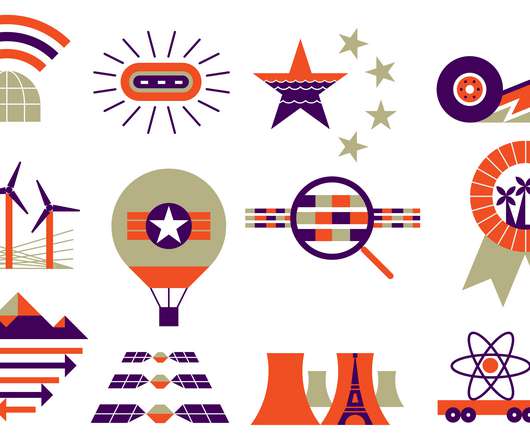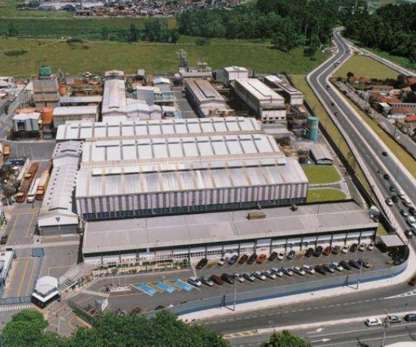ARPA-E awarding $39M to 16 projects to grow the domestic critical minerals supply chain
Green Car Congress
OCTOBER 28, 2022
RECLAIM: Electrochemical Lithium and Nickel Extraction with Concurrent Carbon Dioxide Mineralization ($2,999,997). Olivine is a CO 2 -reactive waste product that can be returned as tailings after capture carbon from the air. Harvard University. Pacific Northwest National Laboratory. University of Nevada, Reno.






















Let's personalize your content